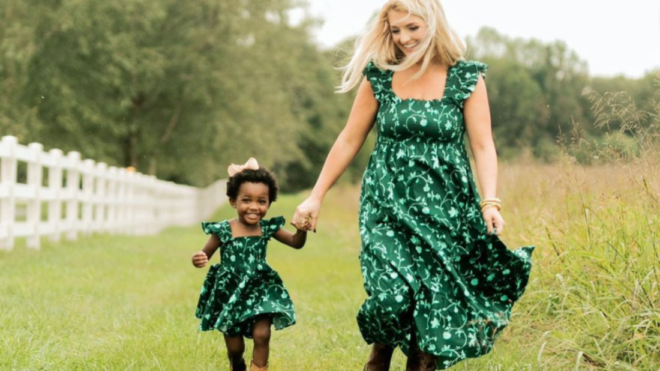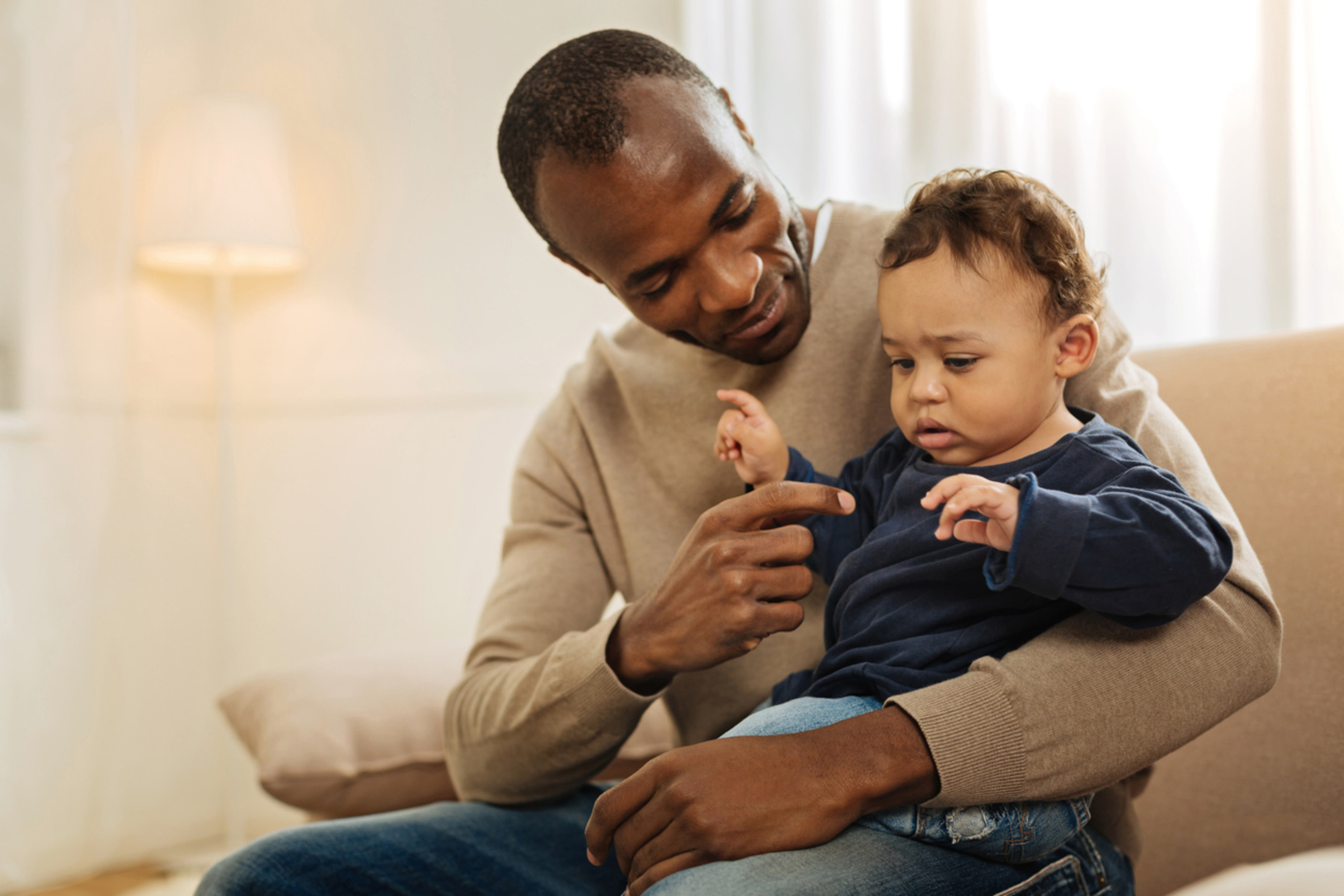
Having an interest in becoming a foster parent to a child who needs a home is a wonderful thing that is becoming more inclusive to different kinds of people and families. There are more than 400,000 children in foster care in the United States as of 2018, and that could rise because of the opioid crisis. Kids needs loving, stable homes if their own families cannot care for them, and stepping in as that person can save their lives, keep siblings together or influence them for the better.
But it's not as simple as having a child show up one day. If fostering is something that is a serious possibility, it's good to have as much information as possible. We looked at some of the most informative foster websites (including nonprofits and the government) and pulled out some key things we think all future foster parents should know before applying to care for a child. From background checks to knowing the kids who need homes the most, preparation is key. Their hearts won't be the only ones changed for the better.
Half of Children Adopted From Foster Care Are Younger Than 5
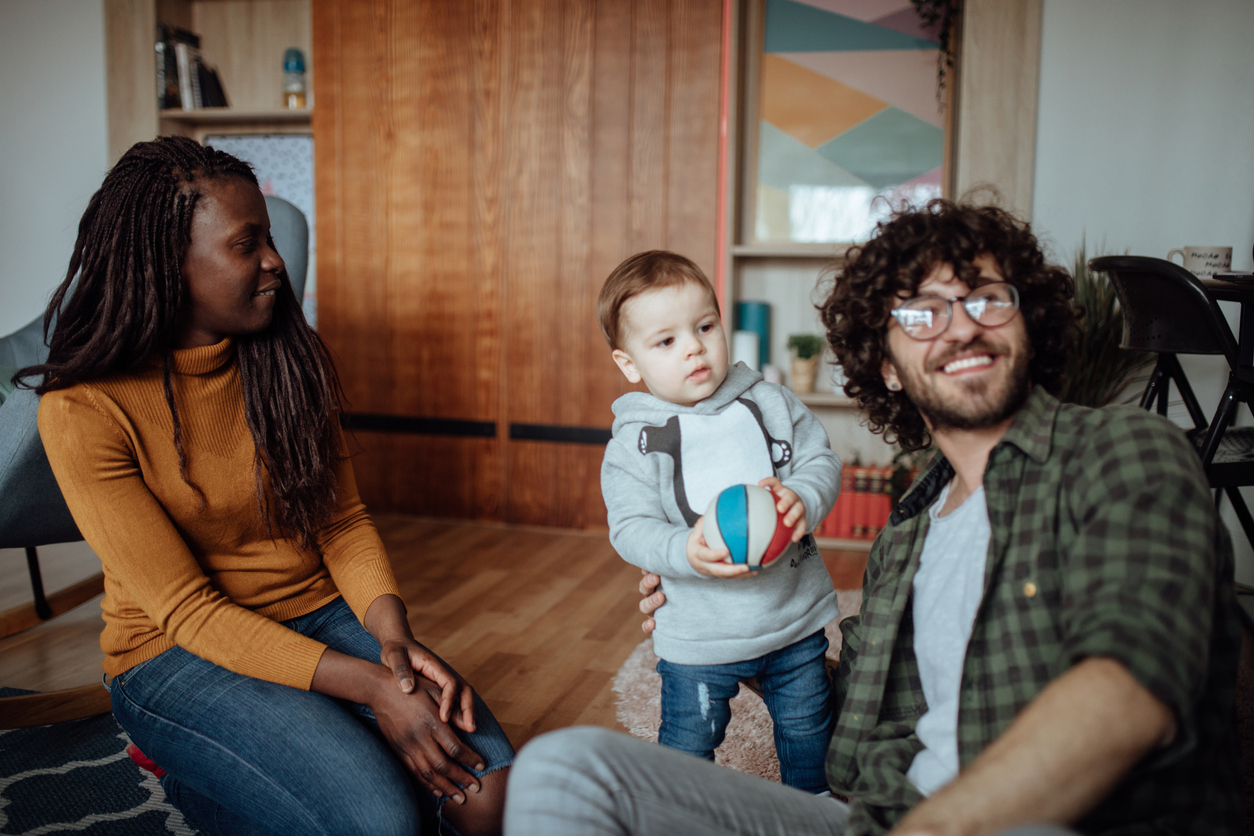
Foster care includes kids of all ages, but at least half of the children who get adopted from the system are younger than 5, according to Pew Trusts. That backs up the fact that families looking to adopt very much seek out babies or toddlers.
The Opioid Crisis Plays a Huge Role in Kids Entering the System
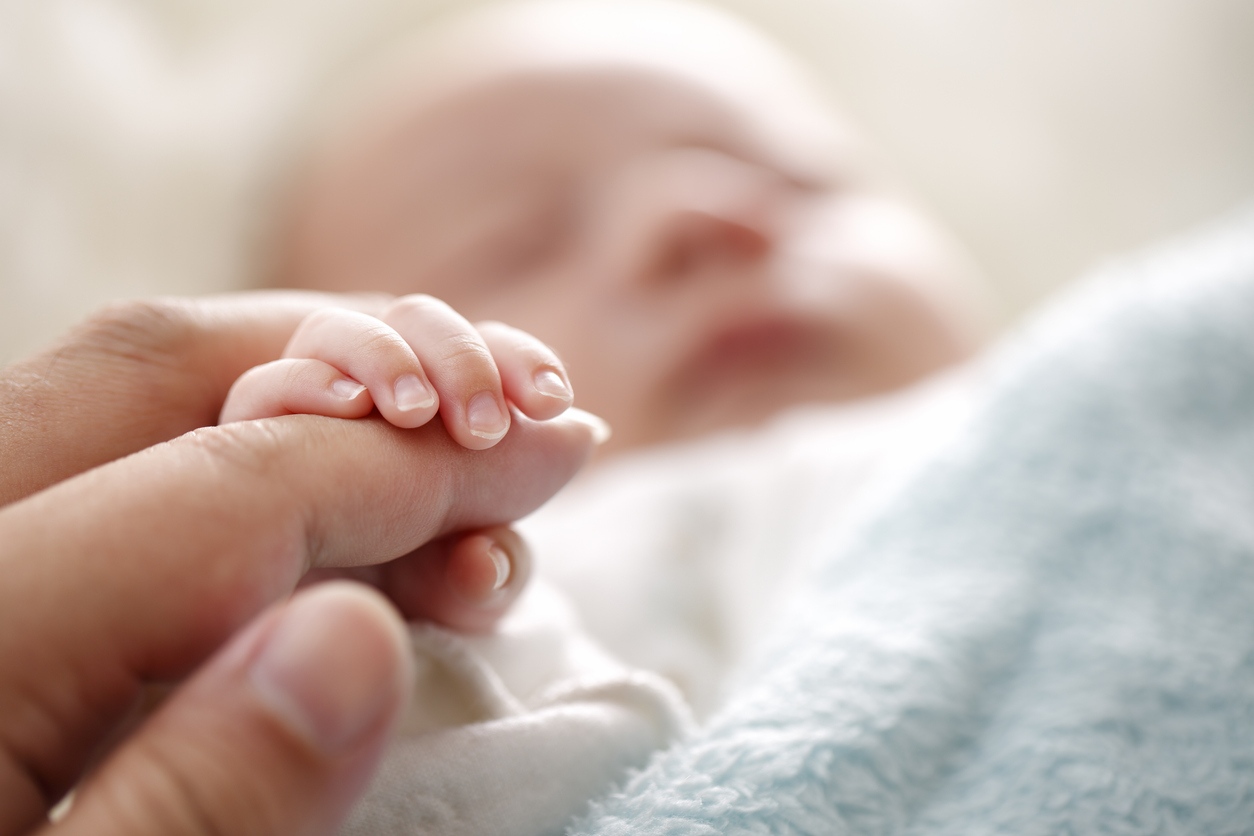
The opioid crisis in the United States has had a tremendously horrible impact on families. When parents die, their children are left behind. Because of this, we're seeing more kids in foster care. On the flip side, more kids are also adopted from foster care.
Kids in Foster Care Likely Have Trauma
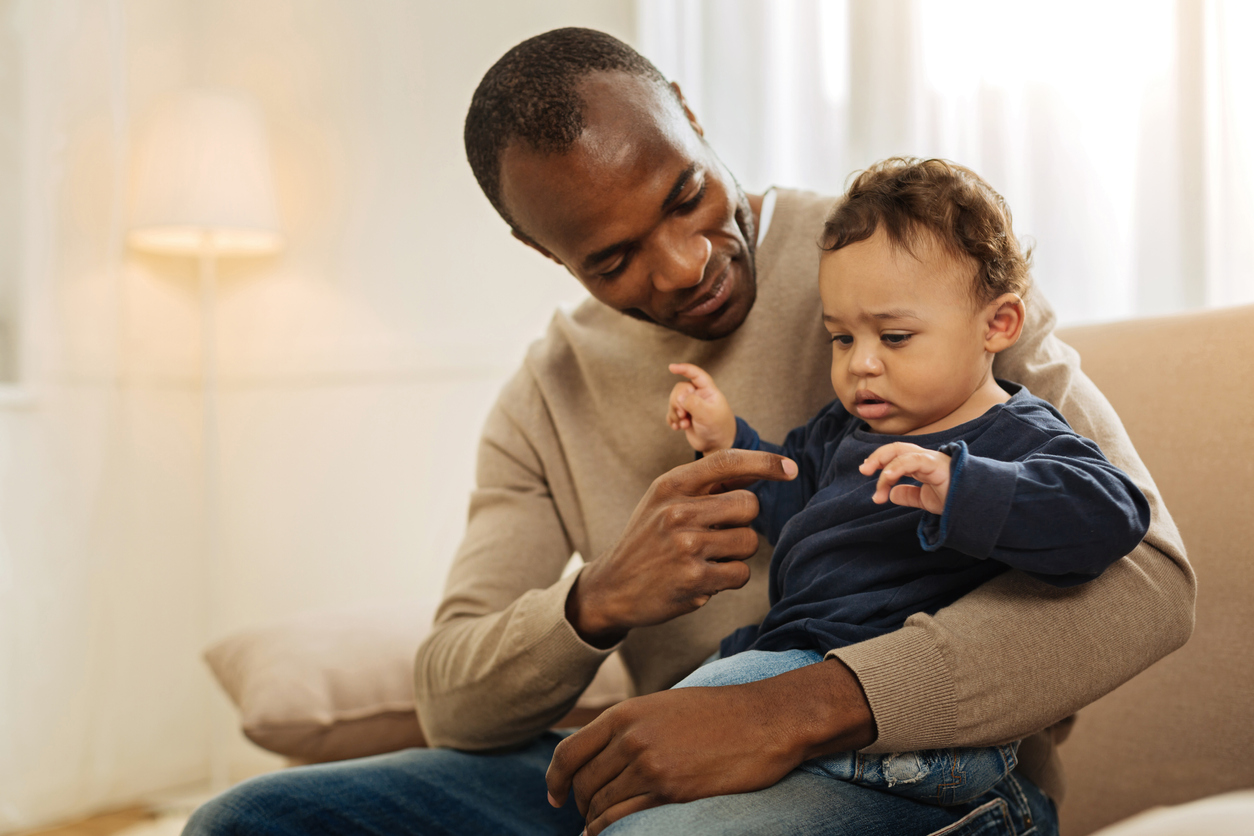
It's safe to say that any kids not able to stay with their families, whether justified or not, experience trauma, and that doesn't include the trauma they may have experienced in their homes prior to entering the foster care system. When fostering, it's important to remember these kids need extra love and attention paid to their mental health.
It's Becoming More a Priority To Keep Kids With Their Families

A new federal law is set to change the way foster care has tended to operate, with an emphasis on trying to keep the child with their family as often as possible. Racism plays a part in this. Although white children make up the highest ratio in foster care, Black children's families are investigated more often. Attempting to keep families together is likely to reduce trauma.
There Are Different Forms of Foster Care
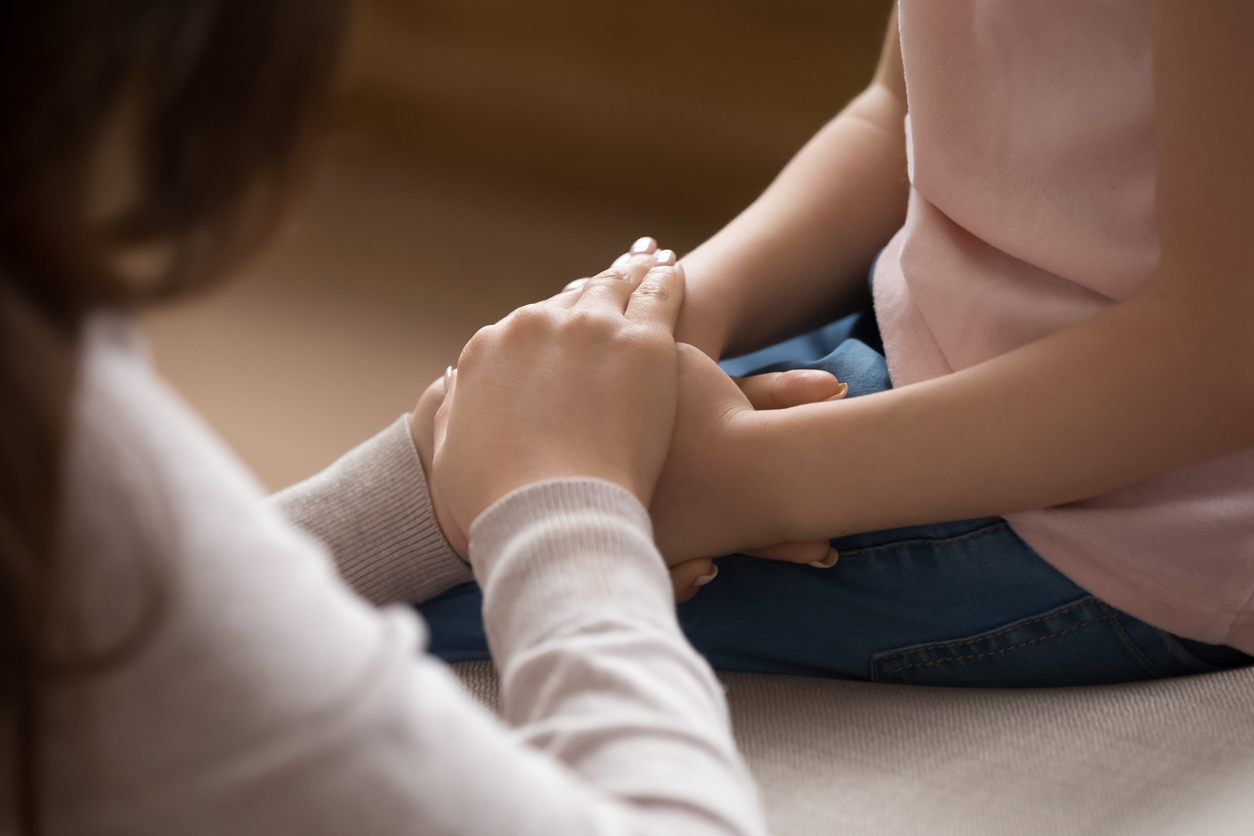
Foster care can take many forms than just taking in a child, which is referred to as "traditional care." According to the National Foster Parent Association, other forms of foster care include "emergency/shelter care, medical/therapeutic care, relative/kinship care, respite/short-term care and tribal care."
Becoming a Foster Parent Requires a Team
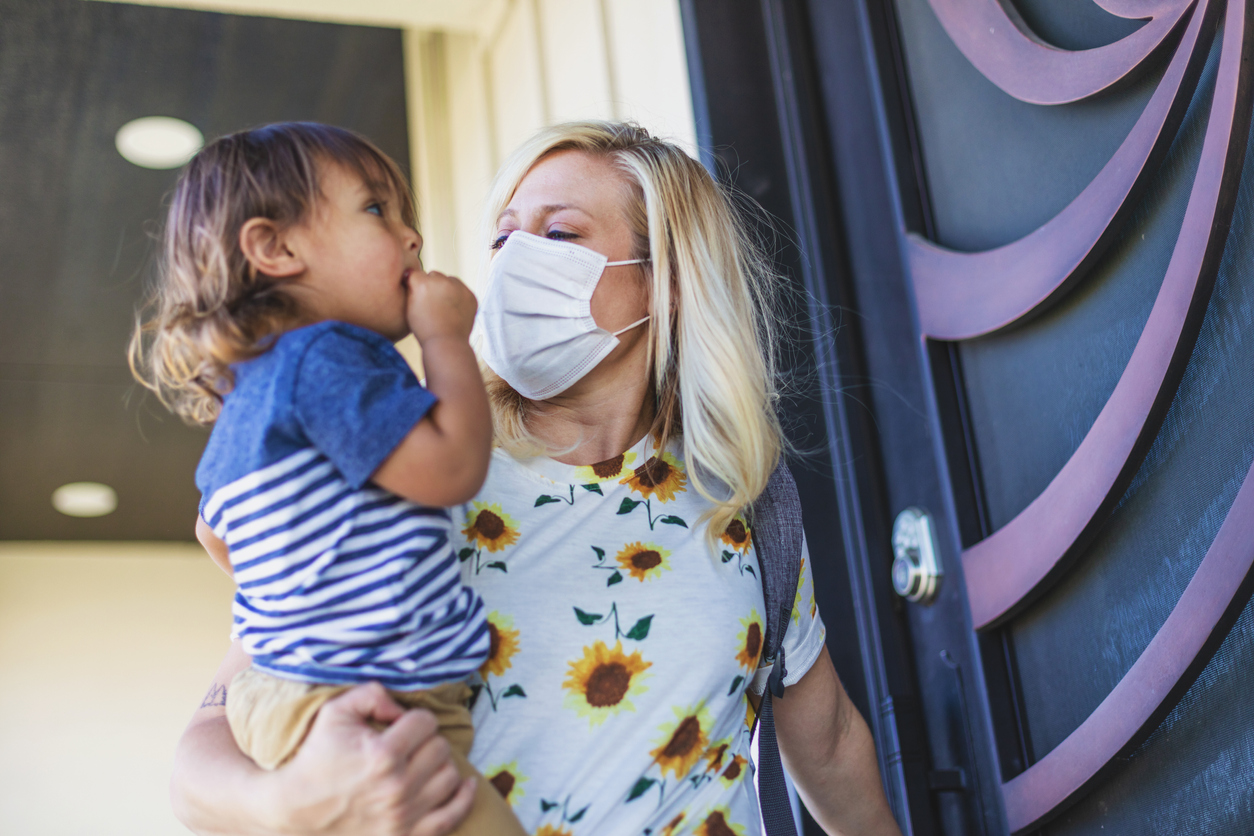
Because of the complexity of a foster case and taking the child's well-being into account is the top priority, the process doesn't end once a child is placed. It takes a team of social workers, counselors, and others in the commununity to help a foster child transition into a home and hopefully into a permanent family.
All Potential Foster Parents Must Get Licensed or Approved
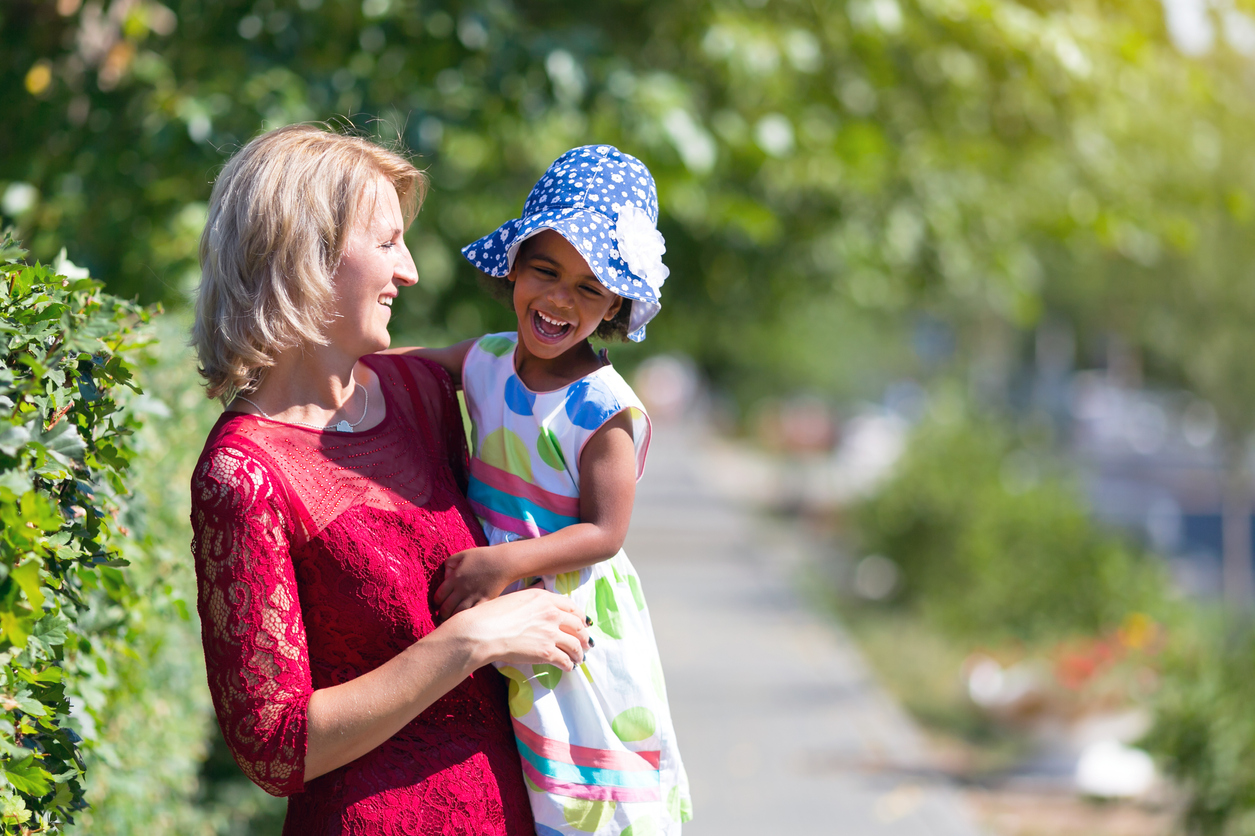
Speaking of teams, the foster parents have to put in work as well before a child arrives to ensure the best possible placement. This doesn't always happen, as some states and programs vary in their process, but most require parents to obtain a license or approval before a foster child arrives.
Foster Care in the United States Is Both a Public and Private Entity
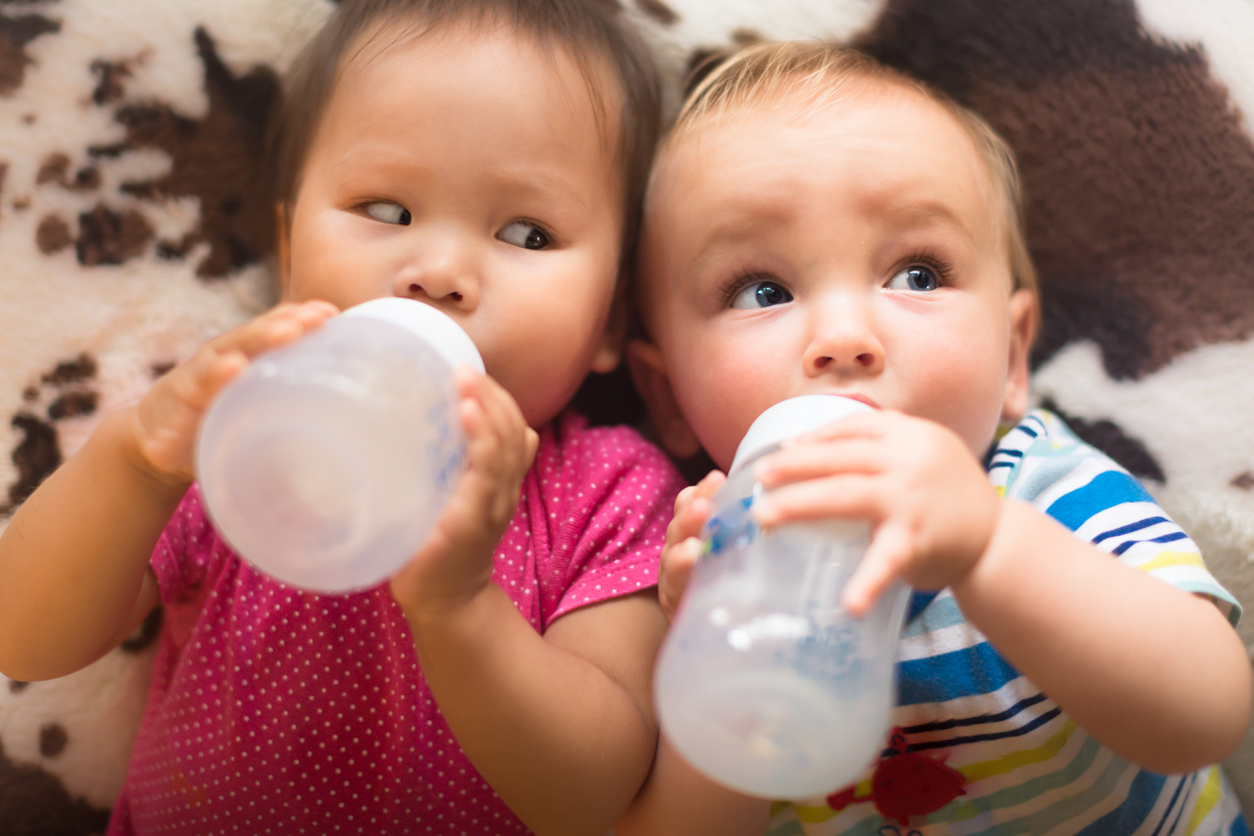
Remember how we said some processes don't necessarily happen? That's because the foster care system is made up of both public and private entities. The government has its own procedures, but many private agencies do as well. It's important for interested foster parents to do their research into the organizations they want to work with.
Foster Parents Go Through Rounds of Home and Background Checks

If a program or agency is reputable, as it should be, then there is a series of training and background and home checks that many states require of foster parents before a child is placed into their home.
Many States Require 10 to 30 Hours of Training Before Approval
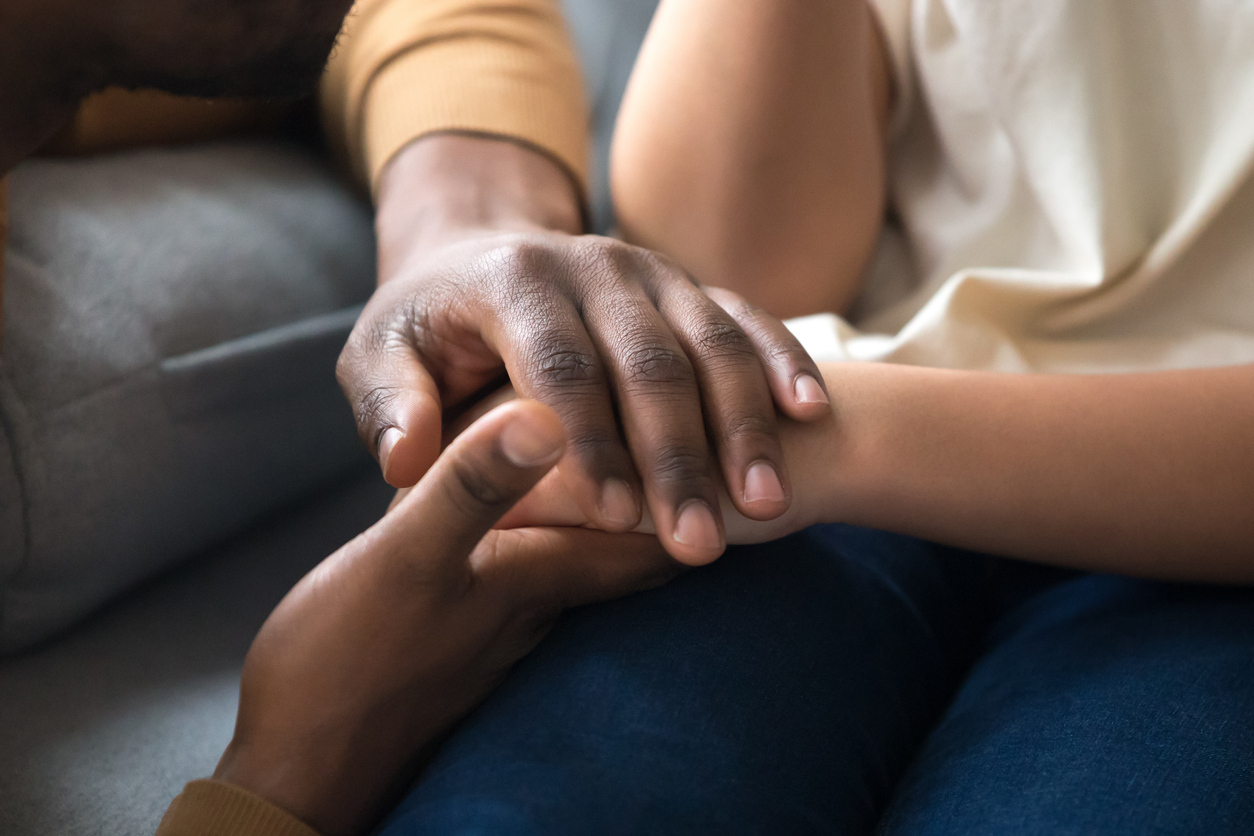
Foster care training varies in curriculum and time requirements from state to state, but the range can be anywhere from 10 to 30 hours of learning. Once that is complete, then parents can be approved to foster.
Both Parents and Child Have Their Own Bill of Rights
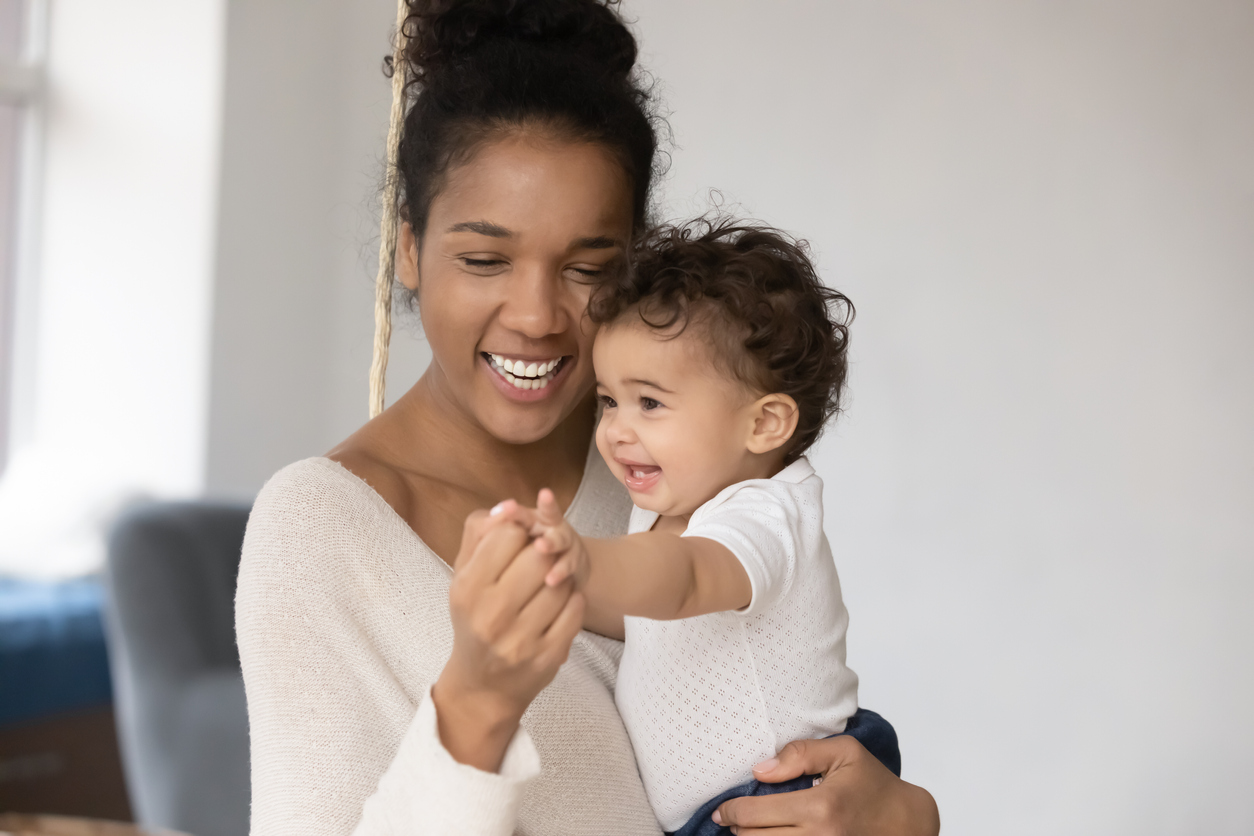
The rights of both the children in foster care and the parents taking care of them are extremely important. Children have a right to be loved and properly taken care of, and if that are violated, there are consequences. The bills of rights were created so that all parties know what they are entitled to.
About 400,000 Kids Are in Foster Care Each Day

Sadly, there are many, many kids without families or loved ones to take care of them, and on any given day, there could be up to 400,000 kids in the foster care system, according to the National Foster Youth Institute. In other words, there is always a child in need of a safe place to call home.
Because of the Instability of Foster Care, Many Kids in the System Experience More Negative Outcomes

The foster care system is in place to help give kids homes they deserve and will be loved in, but there are just so many children and not enough placements. Whether it's due to trauma or aging out of the system, children in foster care "endure problems such as poverty, compromised health, unemployment, and incarceration at higher rates than their peers."
The Male to Female Ratio of Children in Foster Care Is About Equal

When it comes to gender, there is no gap in foster care. According to the National Associaiton of Social Workers, there are about an equal number of reported males and females within the foster care system.
More Than 23,000 Kids Age Out of Foster Care Each Year
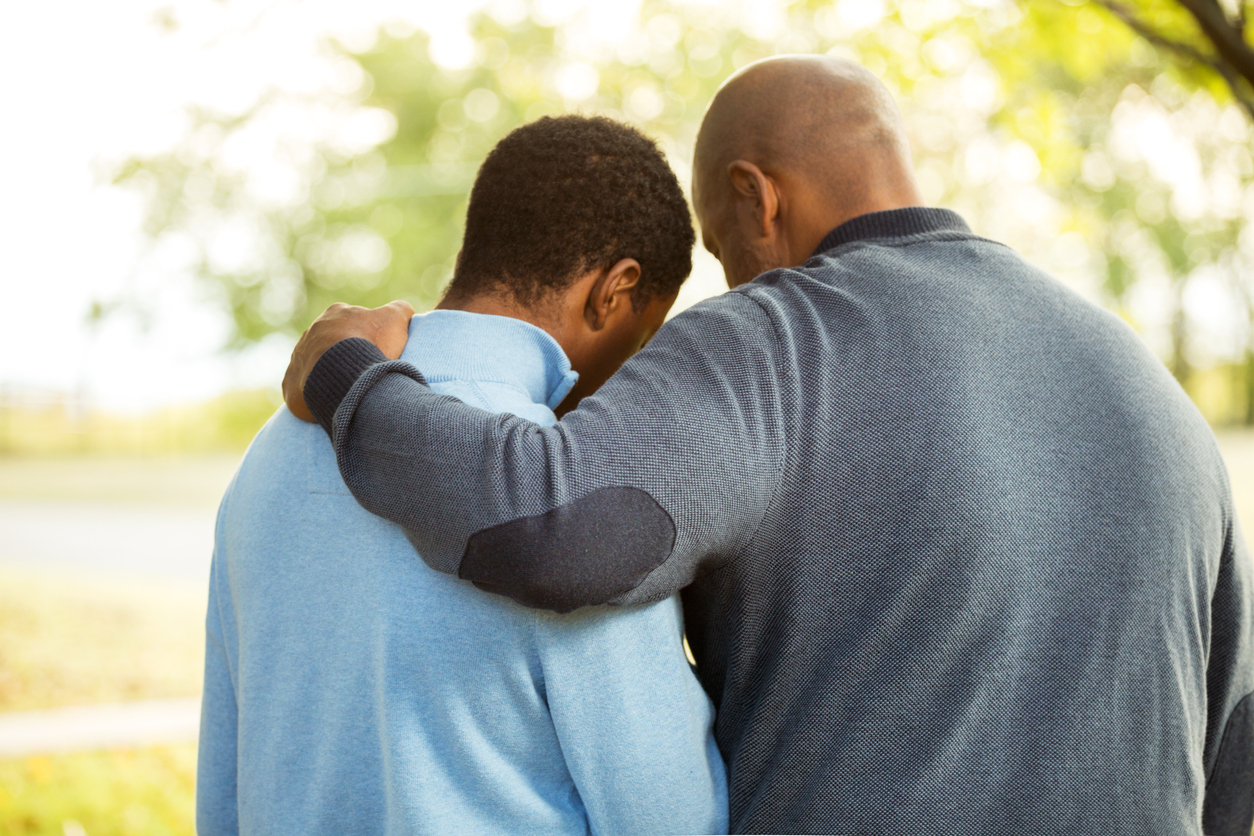
Although there isn't a gender divide within the foster care system, there is absolutely an age divide. According to the Children's Home Society in Minnesota, more than 23,000 children age out of the system each year — meaning they turn 18 and no longer require a legal parent or gaurdian.
Of the Teenagers in Foster Care, 70% Have Expressed Interest in Going to College

Teens should definitely not be overlooked! Though they may have experienced trauma, they have dreams and goals like any other child. The Children's Home Society found that 70% of the teenagers in foster care are interested in going to college.
One in Two Kids Who Age Out of the System Will Develop a Substance Abuse Dependency

That said, many of the teens who age out of the system struggle and need help when it comes to substance abuse. It's another reason to make them a priority when looking to foster.
Kids Who Age Out Have Waited About Three Years To Be Adopted
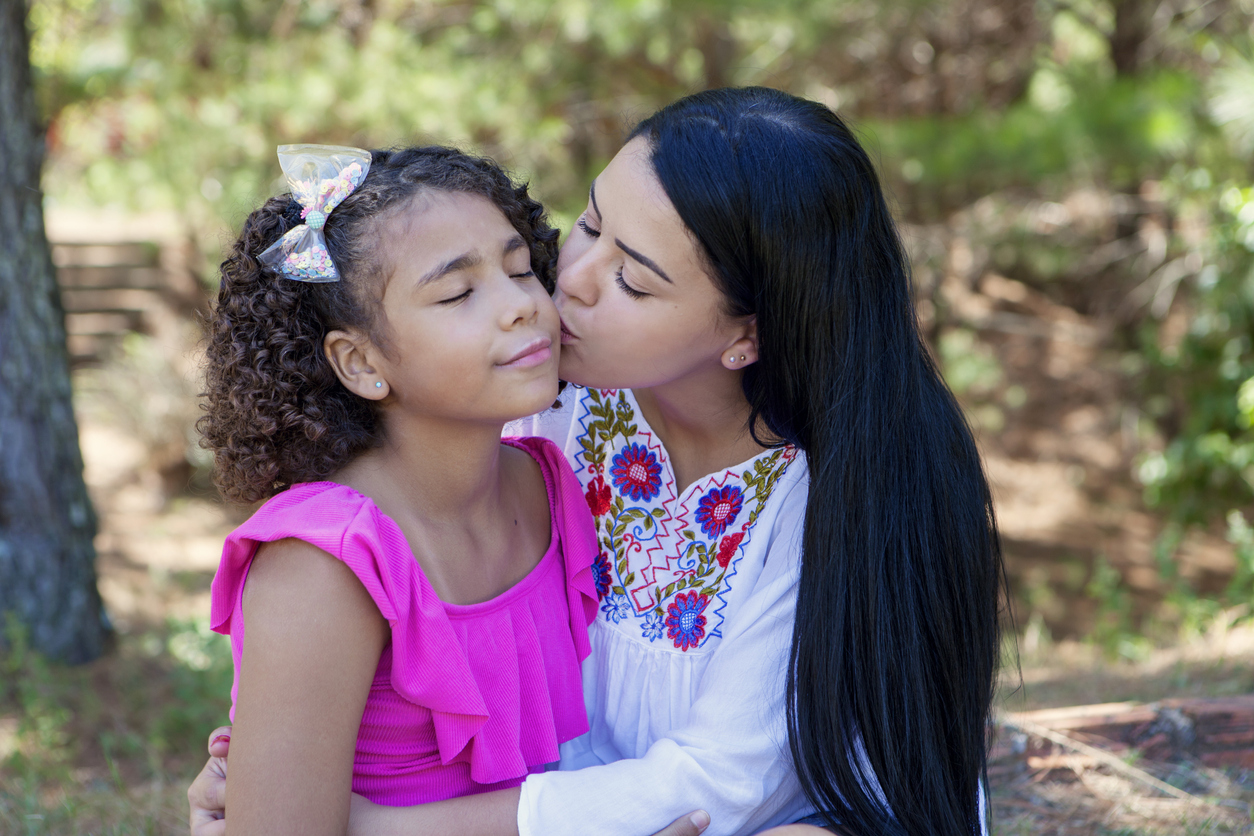
Why does aging out have such a profound effect? The Children's Home also found that kids who aged out of the system waited an average of three years to be adopted. Add that to the trauma of their past, and it's not a surprise why many are left trying to cope by using drugs or alcohol.
Some States Have a Matching Process To Find the Best Fit for Parent and Child
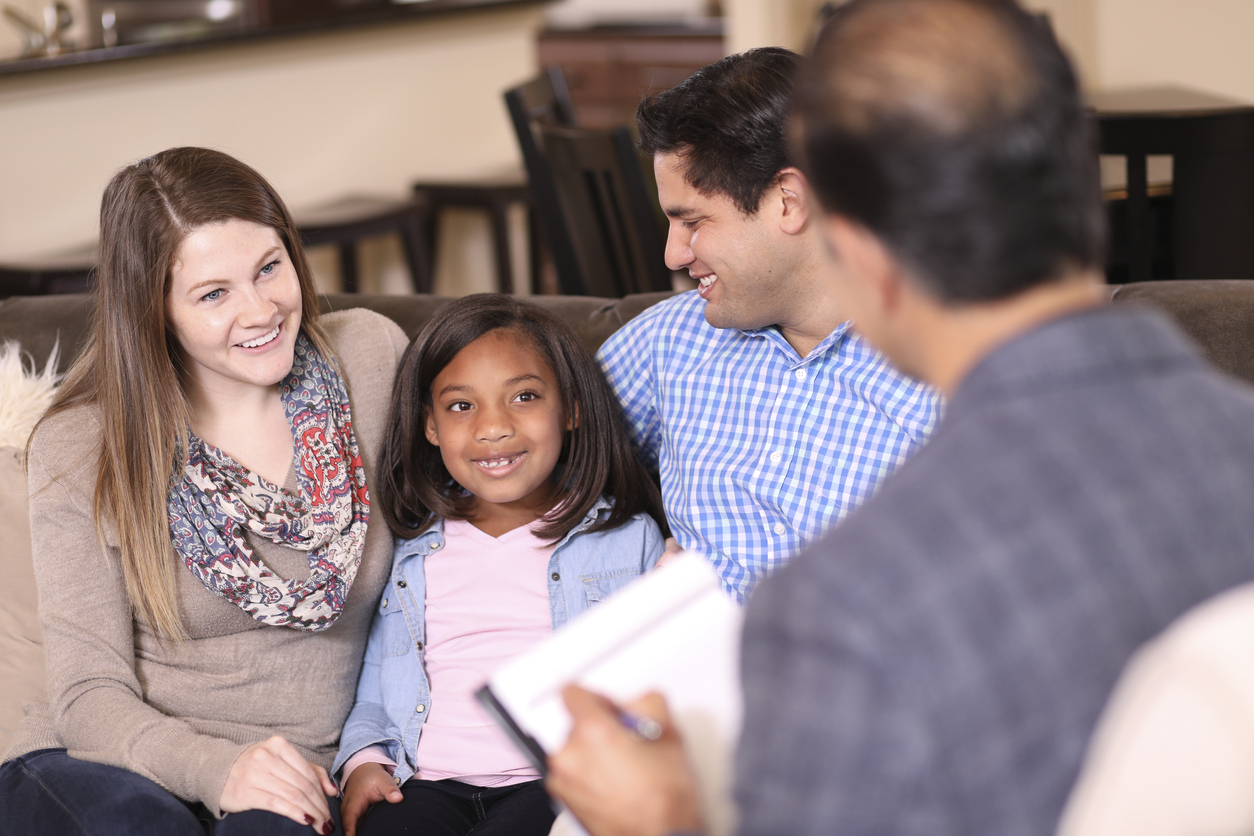
Some states, like New York, have a matching process that's part of its foster program. The process helps match the child in foster care to the parents and home best suited for the child's care.
There Are Even Special Foster Programs for LGBT Youth
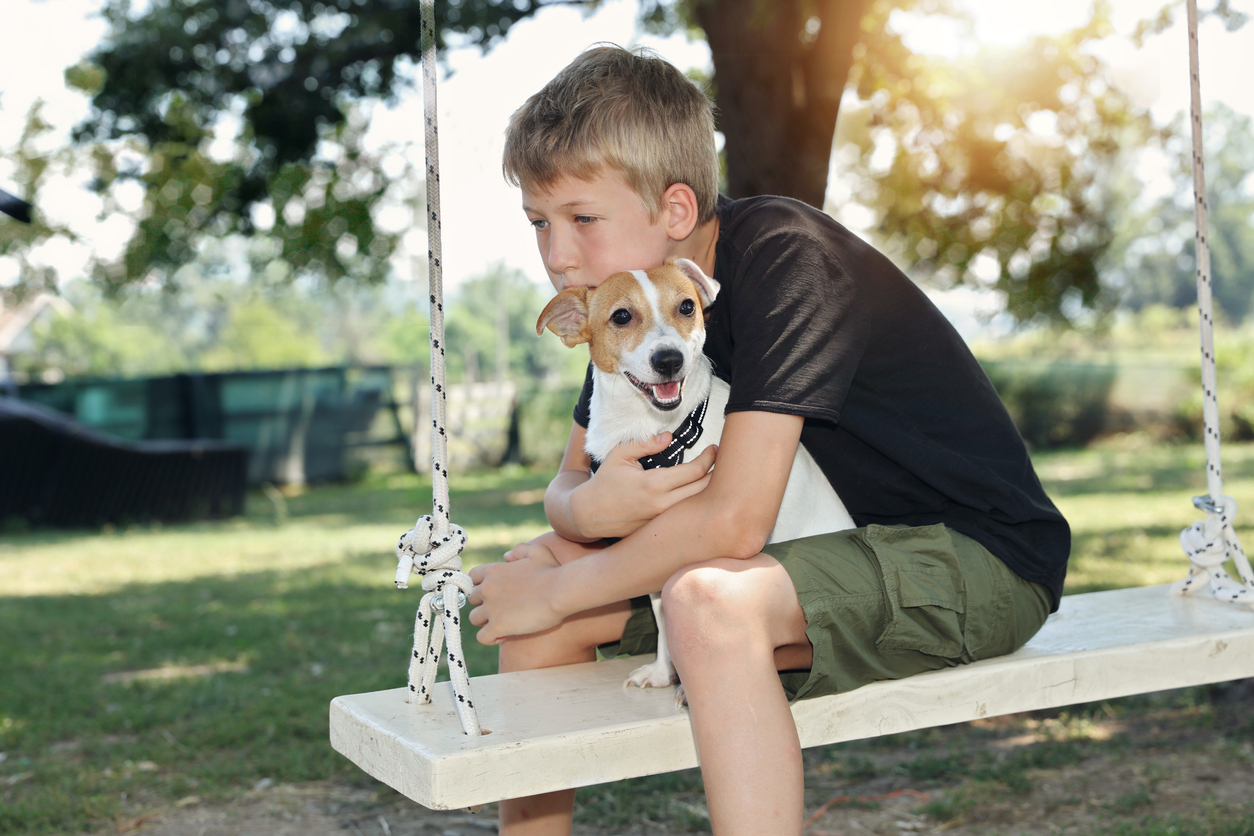
Last but not least, LGBT youth make up a portion of the kids in foster care and have programs dedicated to finding them the best homes as well, depending on the state. New York has an LGBT Affirming group. There are others, including You Gotta Believe, that help place kids with approprriate families.

